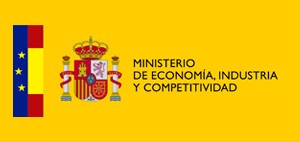
The SIMATEC project is devoted to the use of theoretical methods based on Density Functional Theory coupled to microkinetic models and the computational hydrogen electrode to understand, describe and predict new materials of interest in catalysis and electrocatalytic processes aimed at reducing the energy consumption and improving their sustainability. The specific objectives of the project are to describe stable, active and selective electro-catalysts for a series of industrially-appealing transformations that can then be applied to search for either optimized materials and/or the rules to find new alternative formulations for catalysts and sensors that can avoid the intrinsic limitations derived from SARs. Three main pillars will be considered: (i) electrochemical processes; (ii) thermal catalysis; (iii) statistical learning applications to catalysis. In all cases three main issues will be investigated: (i) deep electronic structure analysis which is crucial to energy-related processes, as the electro-catalytic materials are characterized by electronic manifolds that allow a low energydemand chemistry but that are very complex to address computationally; (ii) stability of the materials under relevant reaction conditions including: solvent and electrochemical environment, potential and pH effects, specific adsorption of adsorbates, chemical speciation of
active species; (iii) extensive evaluation of complex reaction networks, particularly including lateral interactions and selectivity issues that require the evaluation with a high degree of accuracy of many paths that can occur simultaneously.
SIMATEC

Ministerio de Ciencia e Innovación